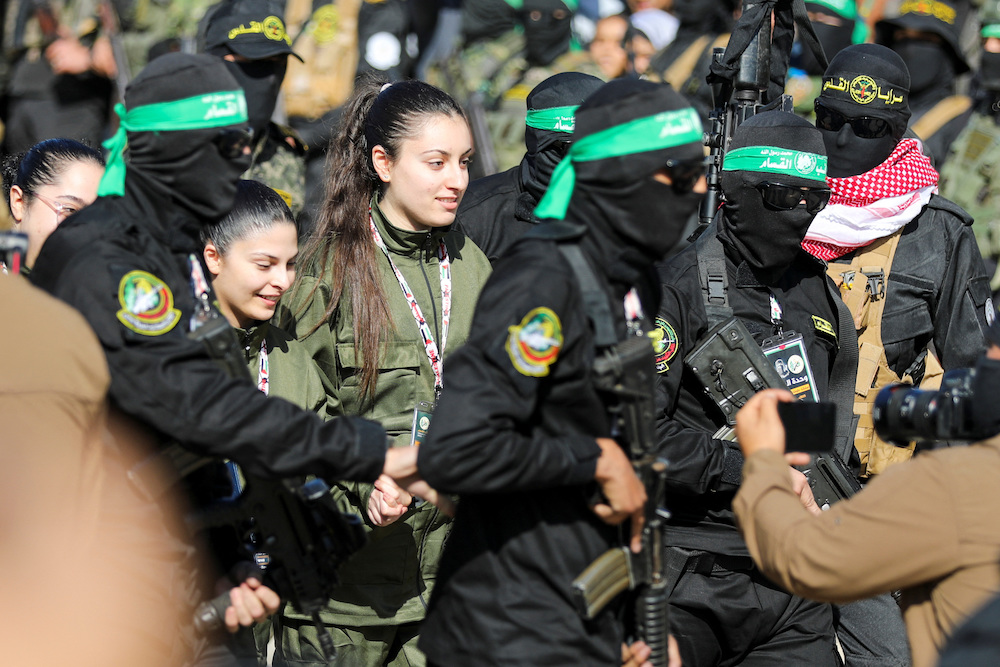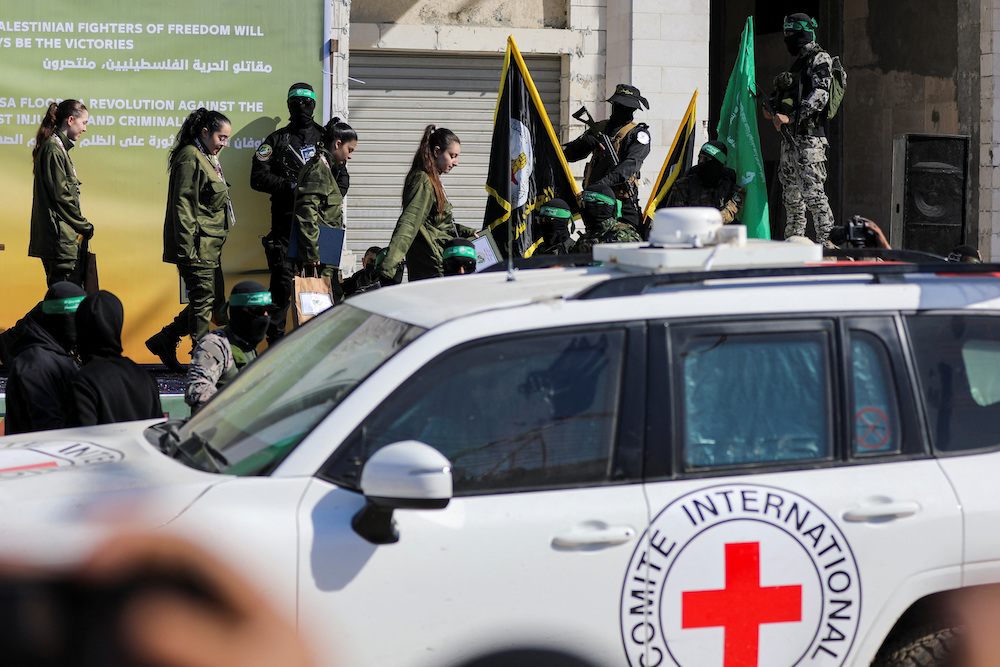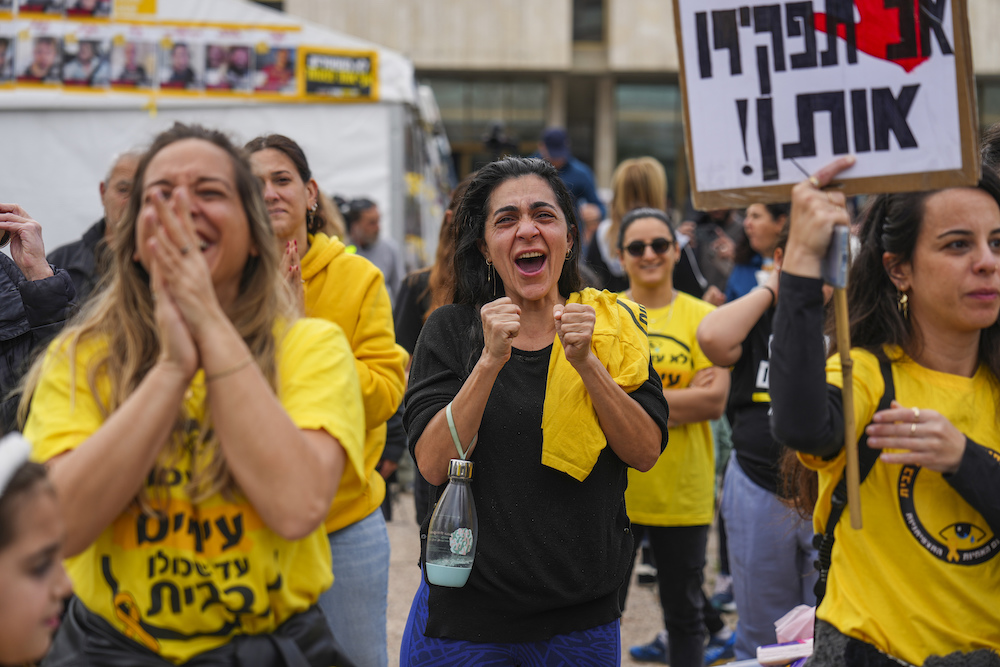NEW YORK: UN human rights experts have urged both the Palestinian Authority and Israel to reschedule the presidential, legislative and municipal elections “in the very near future” and ensure that they are “peaceful and credible.”
In April, Palestinian president Mahmood Abbas issued a presidential decree postponing the elections — originally planned for May and July — “until the participation of our people in Jerusalem is guaranteed.”
He blamed Israel for uncertainty about whether it would allow Palestinians to vote in East Jerusalem.
Expressing concern over the postponement, the UN experts recalled the importance of the elections as a means to “address the long-standing internal political divisions, to strengthen accountable institutions and to take an important step toward achieving the fundamental national and individual rights of the Palestinian people.”
The experts include Martin Lynk, the special rapporteur on the situation of human rights in the Palestinian territory; Irene Khan, special rapporteur on the protection of the right to freedom of expression; and Clement Nyaletsossi Voule, special rapporteur on rights to freedom of peaceful assembly and of association.
Special rapporteurs are independent experts who serve in individual capacities, and on a voluntary basis, at the UN’s Human Rights Council. They are not members of UN staff and are not paid for their work.
They called on Israel as an occupying power to “clearly state” that it will allow the democratic process to take place unhindered, and to “interfere as little as possible with the rights and daily lives of the Palestinians.”
The 1994 Oslo Accords between the Palestine Liberation Organization and the state of Israel provided for the right of Palestinians in East Jerusalem to participate in elections.
Article XI of the interim agreement explicitly stated that “the two sides view the West Bank and the Gaza Strip as a single territorial unit, the integrity and status of which will be preserved during the interim period.”
It has been 15 years since Palestinians last cast ballots. In previous elections, Palestinians from East Jerusalem had been allowed to cast their ballots, although not without difficulty.
In the lead-up to the 2006 elections, Israel launched a campaign of arrests against members of the Palestinian Legislative Council, revoked their Jerusalem identity cards, banned candidates from holding election campaigns inside Jerusalem and prohibited public meetings and rallies.
Recalling the UN Security Council and General Assembly’s statements that any Israeli alterations to East Jerusalem and its political and legal status are “null and void,” the experts called the present moment “a golden opportunity for the world to affirm these commitments in the name of democracy and international law.”
They called on the Palestinian Authority to reschedule the elections “in the very near future,” and demanded that “the democratic rights of voters, candidates, political parties and participants (be) fully respected by all, including the occupying power.
“Arrests and detentions and the disruption of political meetings and campaigning by any governing authority are utterly incompatible with international human rights protections.”
The human rights experts said that they were “disturbed” by the eligibility rules established by the Palestinian authority for the upcoming elections, including a requirement that each political list pay a $20,000 registration fee and that candidates working in civil society resign from their current jobs in order to run.
The experts said these rules “appear to create unjustified obstacles (and) inhibit the full and free participation of Palestinians in the democratic process.” They called on the Palestinian leadership to remove these legal barriers.
The human rights experts concluded: “We do not underestimate the challenges of holding free and fair democratic elections while under an entrenched and harsh occupation.
“We welcome the assistance offered by the international community, particularly the European Union and the United Nations, to facilitate these elections. But the elections will only achieve credibility and open the door to political renewal, particularly among younger Palestinians, if all sides respect the values of democracy and human rights.”





























